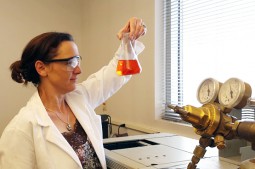
Mighty Microbes (start time: 5:45): Microbes – fungi and bacteria and probably viruses — are essential to life on Earth. They’re found in soil and water and inside the human gut. There’s a lot happening these days in microbiology, as scientists try to better understand what role these invisible powerhouses play in our health and that of the planet. Amy Sheflin, a PhD candidate at Colorado State University in the department of Food Science and Human Nutrition, speaks with host Susan Moran about her and others’ research into how microbial communities an enhance the health of our human gut, soils and crops.
Hosts: Susan Moran, Joel Parker
Producer: Susan Moran
Engineer: Joel Parker
Executive Producer: Beth Bennett
Listen to the show here:
Podcast: Play in new window | Download (Duration: 24:09 — 22.1MB)
Subscribe: RSS

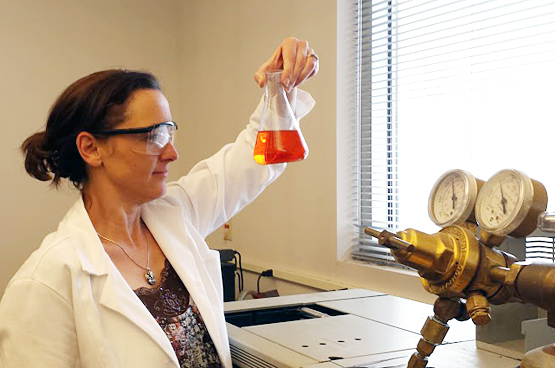


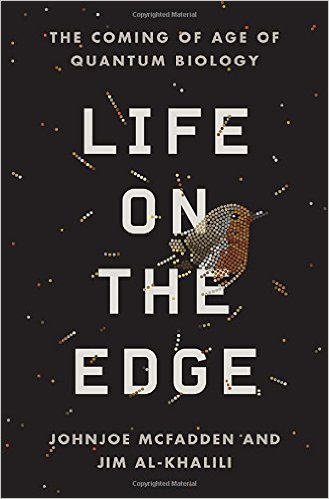

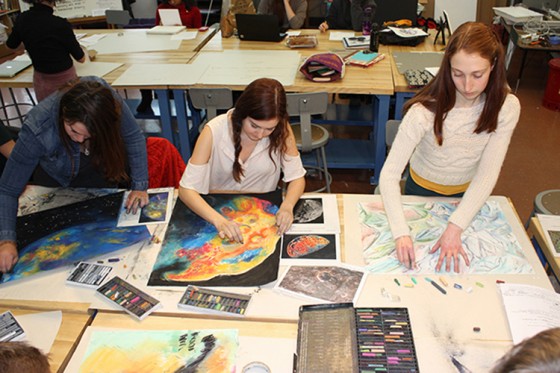
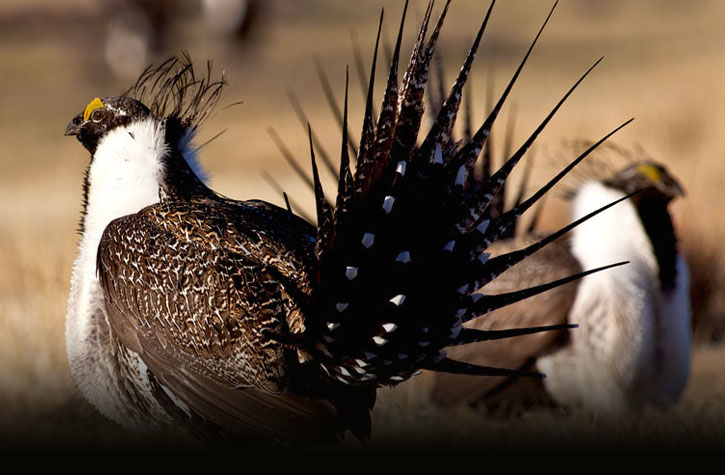

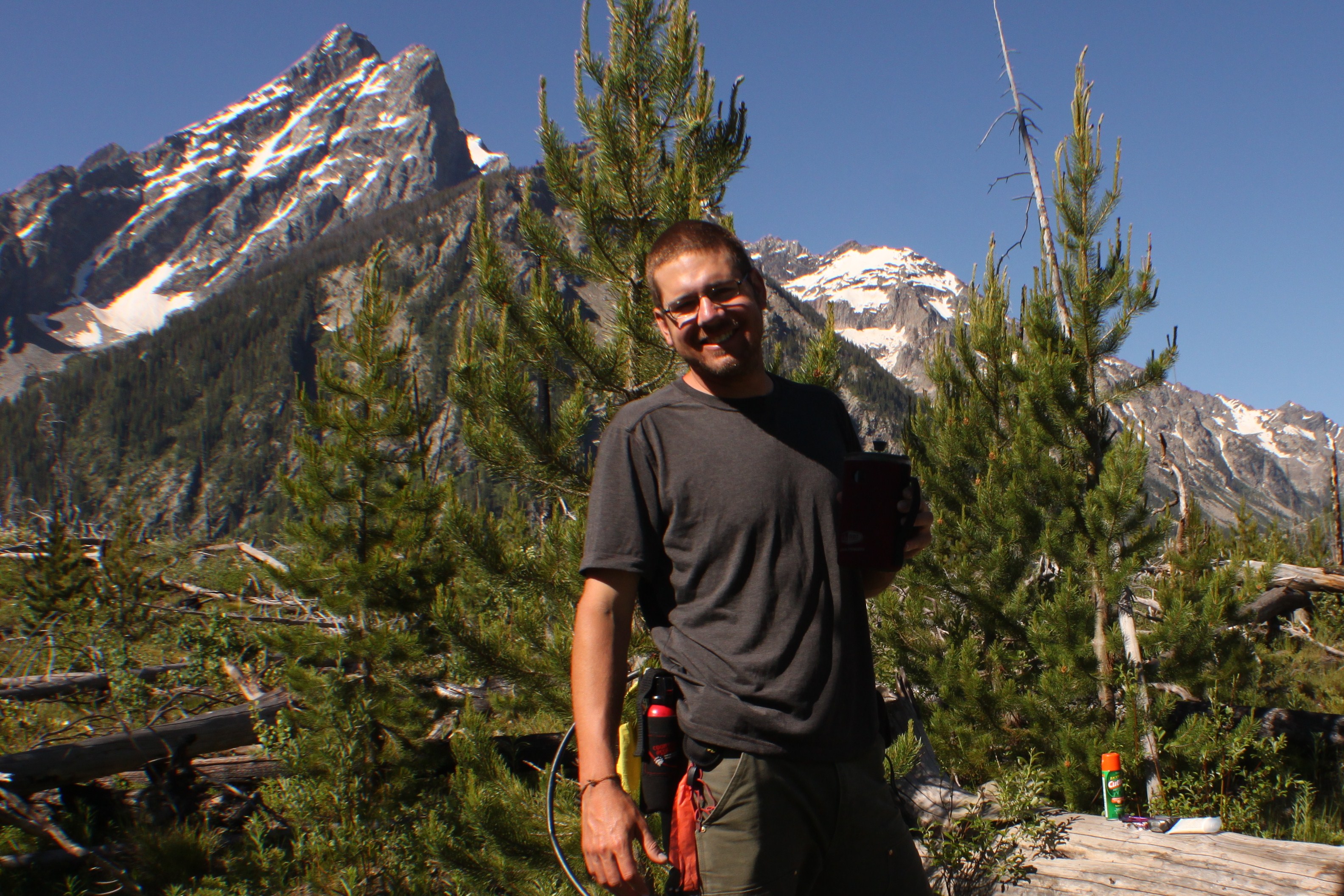
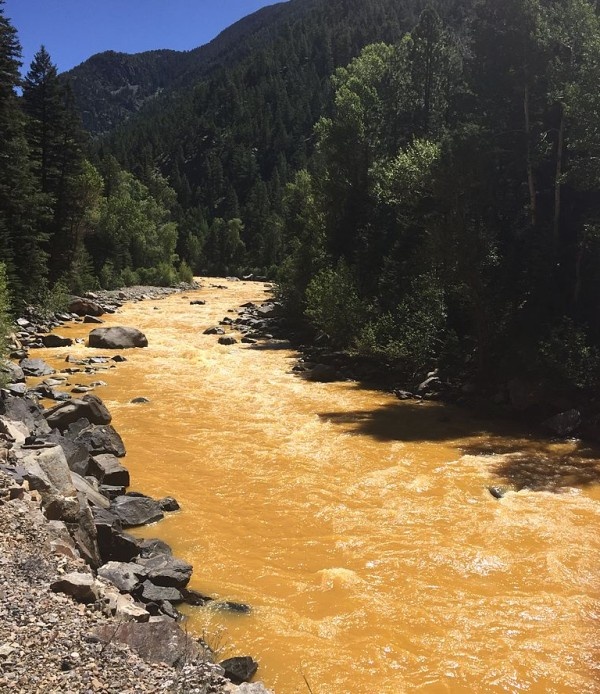
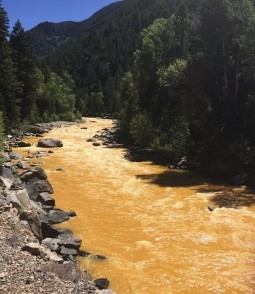
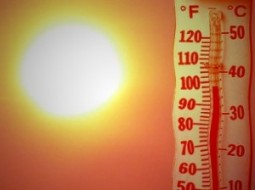
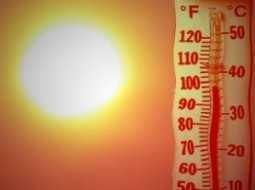
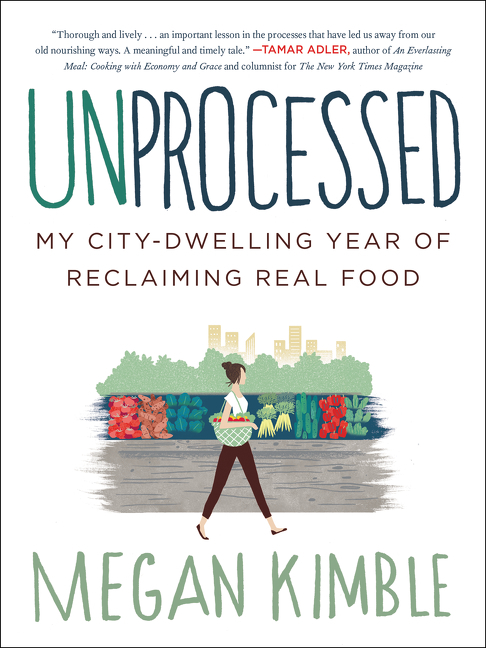
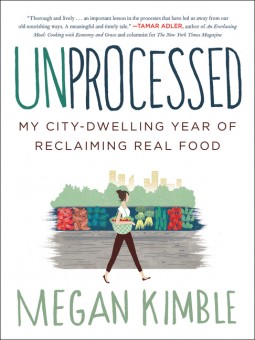 Real Food (start time 4:20): What we eat , and how we eat, is inextricably connected to our own health as well as the health of the planet. Every decision we make—whether to bake a chocolate cake or buy it from Safeway or at a Farmer’s Market—is full of nuances and even contradictions.
Real Food (start time 4:20): What we eat , and how we eat, is inextricably connected to our own health as well as the health of the planet. Every decision we make—whether to bake a chocolate cake or buy it from Safeway or at a Farmer’s Market—is full of nuances and even contradictions. 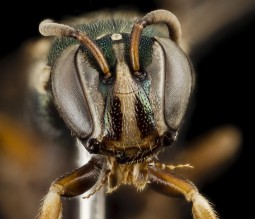
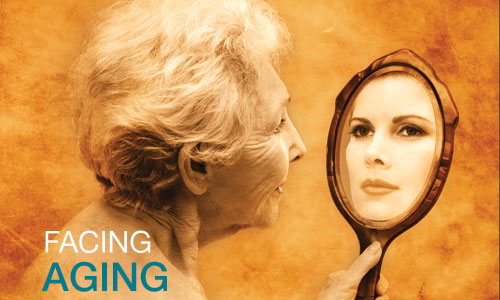
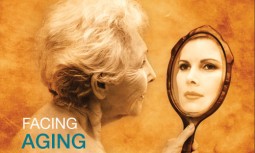
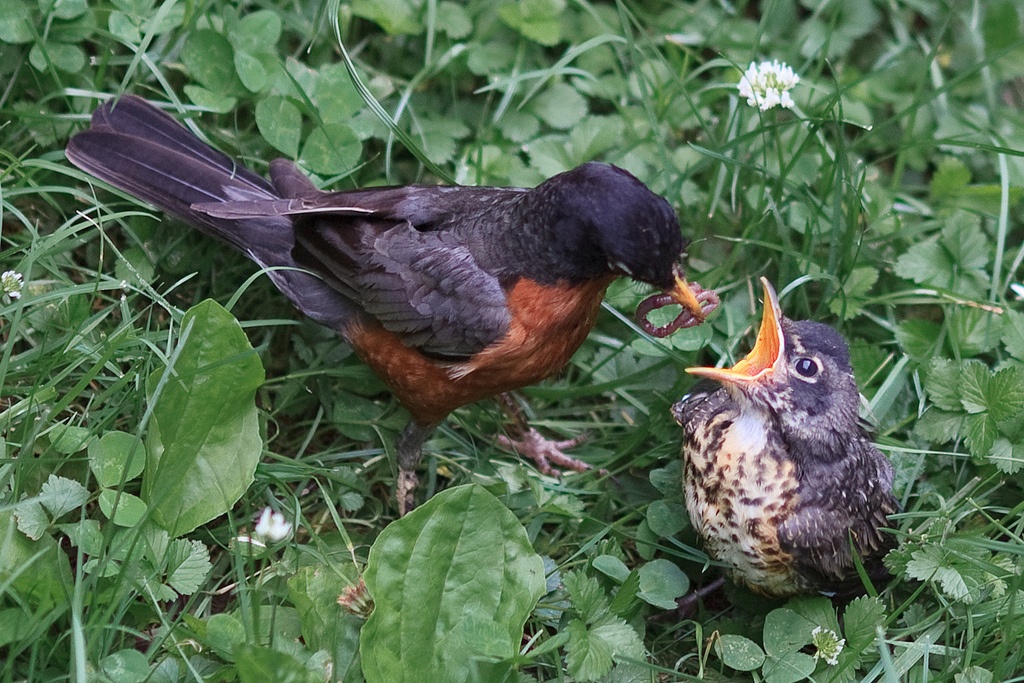
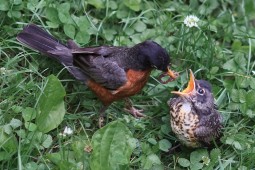
 The Science of Humor (start time: 14:32): Have you ever laughed at something you know you shouldn’t have? Like when someone you know falls down the stairs?
The Science of Humor (start time: 14:32): Have you ever laughed at something you know you shouldn’t have? Like when someone you know falls down the stairs? 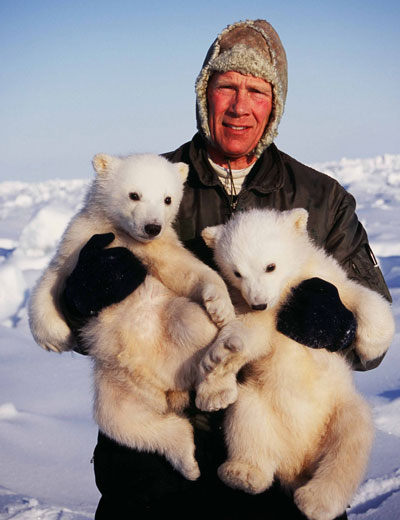
 Polar Bears (starts at 6:30): It is well known that, right now, life for polar bears looks bleak. Warming temperatures mean the season for sea ice cover in the Arctic has become shorter and shorter. As sea ice provides a home and hunting ground for polar bears, both the number of bears and their health has suffered. There is even talk of them becoming extinct. But is this something that we should worry about in Colorado and other non-arctic regions around the world? We don’t have bears, right now we don’t have ice, and we have plenty of other concerns. Dr. Steven Amstrup, the Chief scientist for Polar Bears International, joins us on How on Earth to explain why we should care. He thinks that polar bears are the sentinels of global health and that they provide advance warning of some of the challenges coming to all species. That includes us humans. But he thinks if we act soon, we can save both the bears and ourselves.
Polar Bears (starts at 6:30): It is well known that, right now, life for polar bears looks bleak. Warming temperatures mean the season for sea ice cover in the Arctic has become shorter and shorter. As sea ice provides a home and hunting ground for polar bears, both the number of bears and their health has suffered. There is even talk of them becoming extinct. But is this something that we should worry about in Colorado and other non-arctic regions around the world? We don’t have bears, right now we don’t have ice, and we have plenty of other concerns. Dr. Steven Amstrup, the Chief scientist for Polar Bears International, joins us on How on Earth to explain why we should care. He thinks that polar bears are the sentinels of global health and that they provide advance warning of some of the challenges coming to all species. That includes us humans. But he thinks if we act soon, we can save both the bears and ourselves.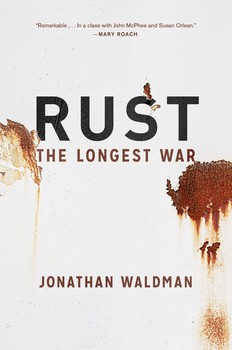
 On today’s spring pledge-drive show we offer segments of two feature interviews. See extended versions also below. Both books are available to those who pledge at least $60 to KGNU. Call 303.449.4885 today.
On today’s spring pledge-drive show we offer segments of two feature interviews. See extended versions also below. Both books are available to those who pledge at least $60 to KGNU. Call 303.449.4885 today.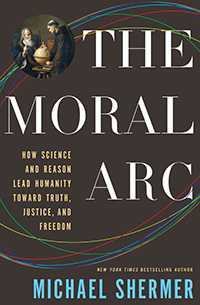 The Moral Arc (start time: 13:21) Author and renowned skeptic Michael Shermer talks with How On Earth contributor Shelley Schlender about his
The Moral Arc (start time: 13:21) Author and renowned skeptic Michael Shermer talks with How On Earth contributor Shelley Schlender about his